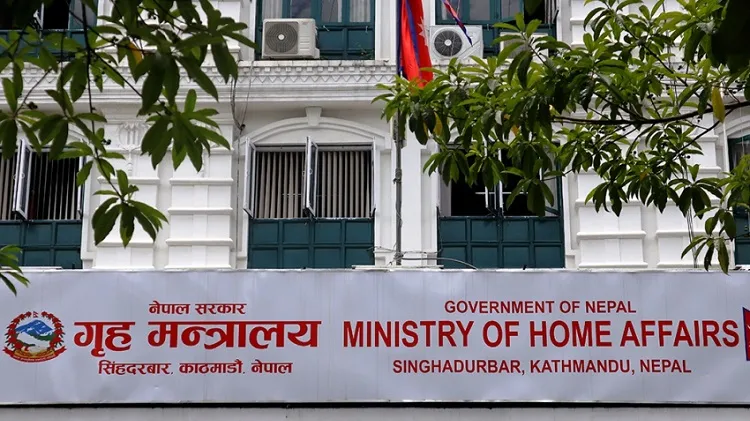KATHMANDU: The Ministry of Home Affairs has intensified its efforts to recover properties acquired through corruption and criminal activities, transferring them to the government’s ownership.
According to Suresh Panthi, Director General of the Department for Management of Proceeds Crime, proposals have been sent to the Council of Ministers for the confiscation of properties that have been ordered to be seized by the Supreme Court.
These efforts include addressing cases involving five former administrators and an Indian national who illegally acquired assets in Nepal.
The department has mobilized five teams, each led by a section officer, to collect data on over 3,500 court decisions related to property confiscation.
Currently, preparations are underway to confiscate properties worth approximately Rs 2 billion. In the initial phase, the focus is on assets located in the Kathmandu Valley that were acquired through corruption by five former administrators.
Among the properties identified for confiscation are those belonging to Amarnath Mishra, Saraswati Dhungana, Murari Bahadur Karki, Keshar Jung Khadka, and Ramratna Chaturvedi.
Additionally, the ministry has moved forward with a proposal to seize a house and land in Jorpati, Kathmandu, purchased by Indian national Niranjan Hojai.
Investigations revealed that Hojai, a resident of Assam, India, had fraudulently obtained Nepali citizenship under the name Nirmal Rai. Using this false identity, he funneled money from terrorist and criminal activities into Nepal. He also married a Nepali woman, Sarita Giri, and concealed his assets under her and her family’s names.
In 2022, the Department for Management of Proceeds Crime vacated the house, but it has yet to be officially transferred to the government.
Director General Panthi stated that the department is accelerating the process of confiscating illicit assets and transferring them to state ownership.
Under existing laws, confiscated properties can either be auctioned or transferred to the government for official use.
However, properties seized in corruption-related cases are intended to be used directly for public purposes. Panthi reiterated the department’s commitment to ensuring that assets acquired through illegal means are brought under government control swiftly and efficiently.









Comment